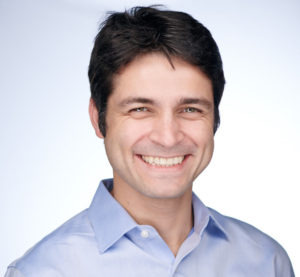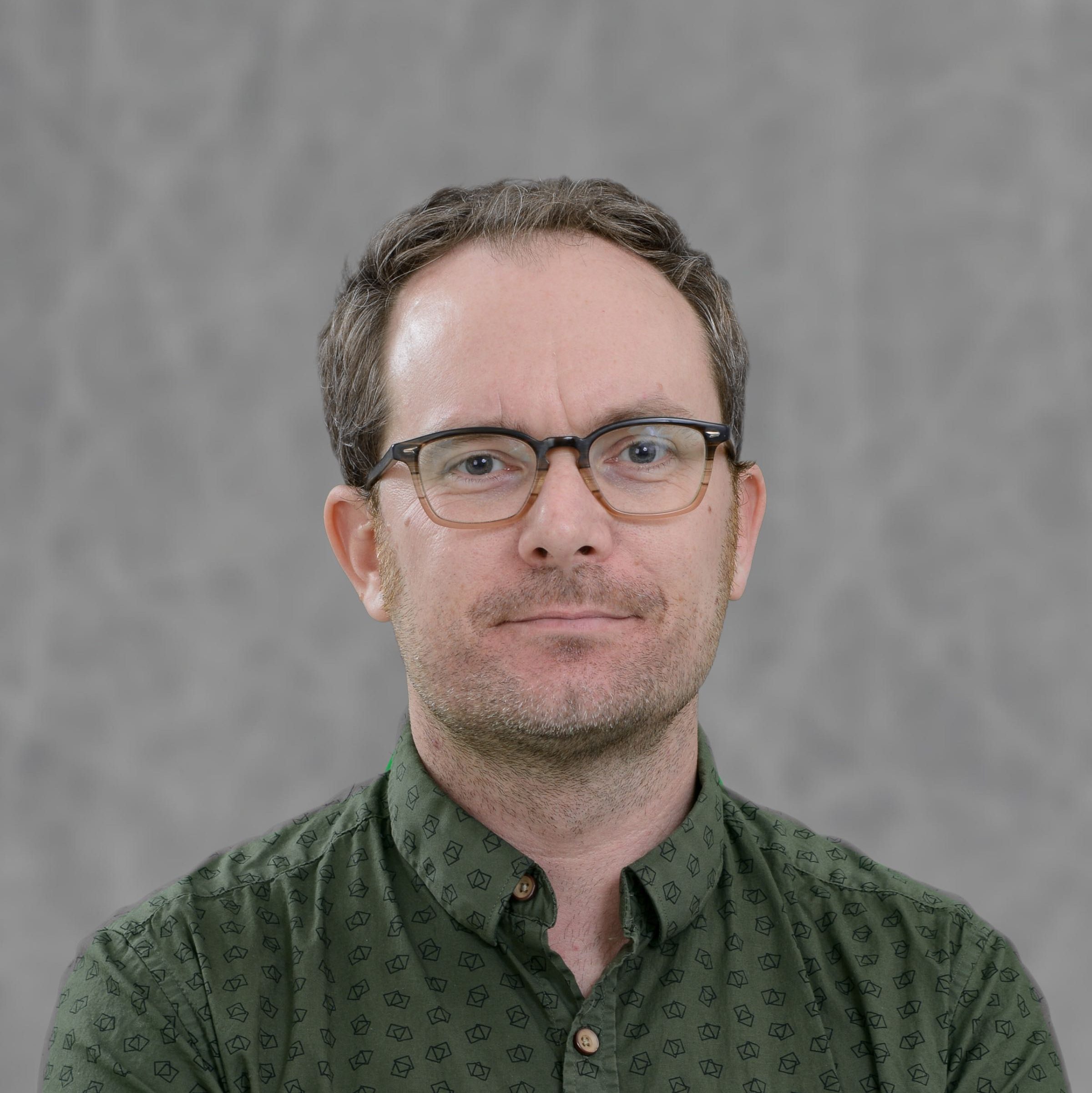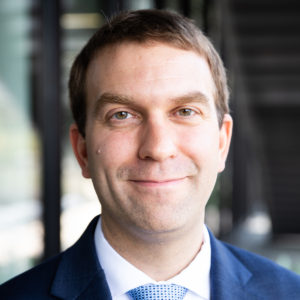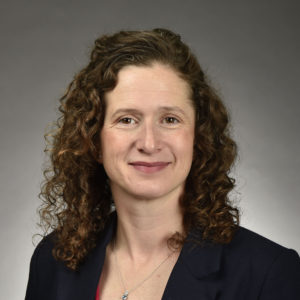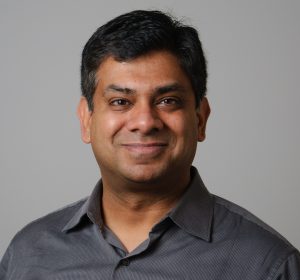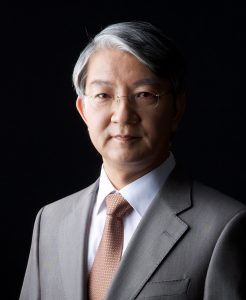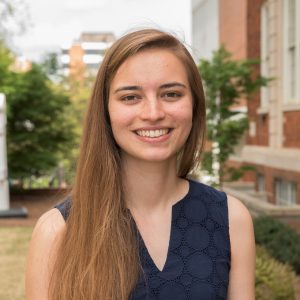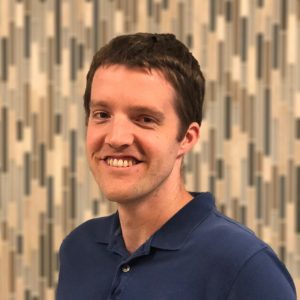Sang Yup Lee
Dr. Sang Yup Lee is Distinguished Professor at the Department of Chemical and Biomolecular Engineering, Korea Advanced Institute of Science and Technology (KAIST). He is currently the Dean of KAIST Institutes, Director of BioProcess Engineering Research Center, and Director of Bioinformatics Research Center. He served as a Founding Dean of College of Life Science and Bioengineering. He has published more than 580 journal papers, 82 books/book chapters, and more than 630 patents, many of which licensed. He received numerous awards, including the National Order of Merit, National Science Medal, Ho-Am Prize, POSCO TJ Park Prize, the Best Scientist and Technologist Award, James Bailey Award, Merck Metabolic Engineering Award, Elmer Gaden Award, Charles Thom Award, and Marvin Johnson Award. Professor Lee also delivered numerous named lectures around the world. He is currently Fellow of American Association for the Advancement of Science, American Academy of Microbiology, American Institute of Chemical Engineers, American Institute of Medical and Biological Engineering, Society for Industrial Microbiology and Biotechnology, the World Academy of Sciences, Korean Academy of Science and Technology, National Academy of Engineering of Korea, and National Academy of Inventors USA. As of 2018, he is one of 13 people in the world elected as Foreign Associate of both National Academy of Engineering USA and National Academy of Sciences USA. He is honorary professor of University of Queensland, Shanghai Jiao Tong University, Wuhan University, Hubei University of Technology, Beijing University of Chemical Technology, Jiangnan University, and Tianjin Institute of Industrial Biotechnology. He has served as the Chairman of the Global Agenda Council on Emerging Technologies and also Biotechnology, and is currently co-chair of the Global Future Council on Biotechnology and a member of the Global Future Council on the Fourth Industrial Revolution, World Economic Forum. Prof. Lee is editor-in-chief of Biotechnology Journal (Wiley) and Metabolic Engineering (Elsevier), and also editor and editorial board member of many international journals. He founded the World Council on Industrial Biotechnology in 2010 and served as a Founding Chair for two years. He served as a member of the Presidential Advisory Council on Science and Technology of Korea and a member of Government Performance Evaluation Committee, and is currently serving as a member of the Central Strategic Committee of the Ministry of Strategy and Finance. His research areas are metabolic engineering, systems biology, synthetic biology, systems medicine, industrial biotechnology and nanobiotechnology.
